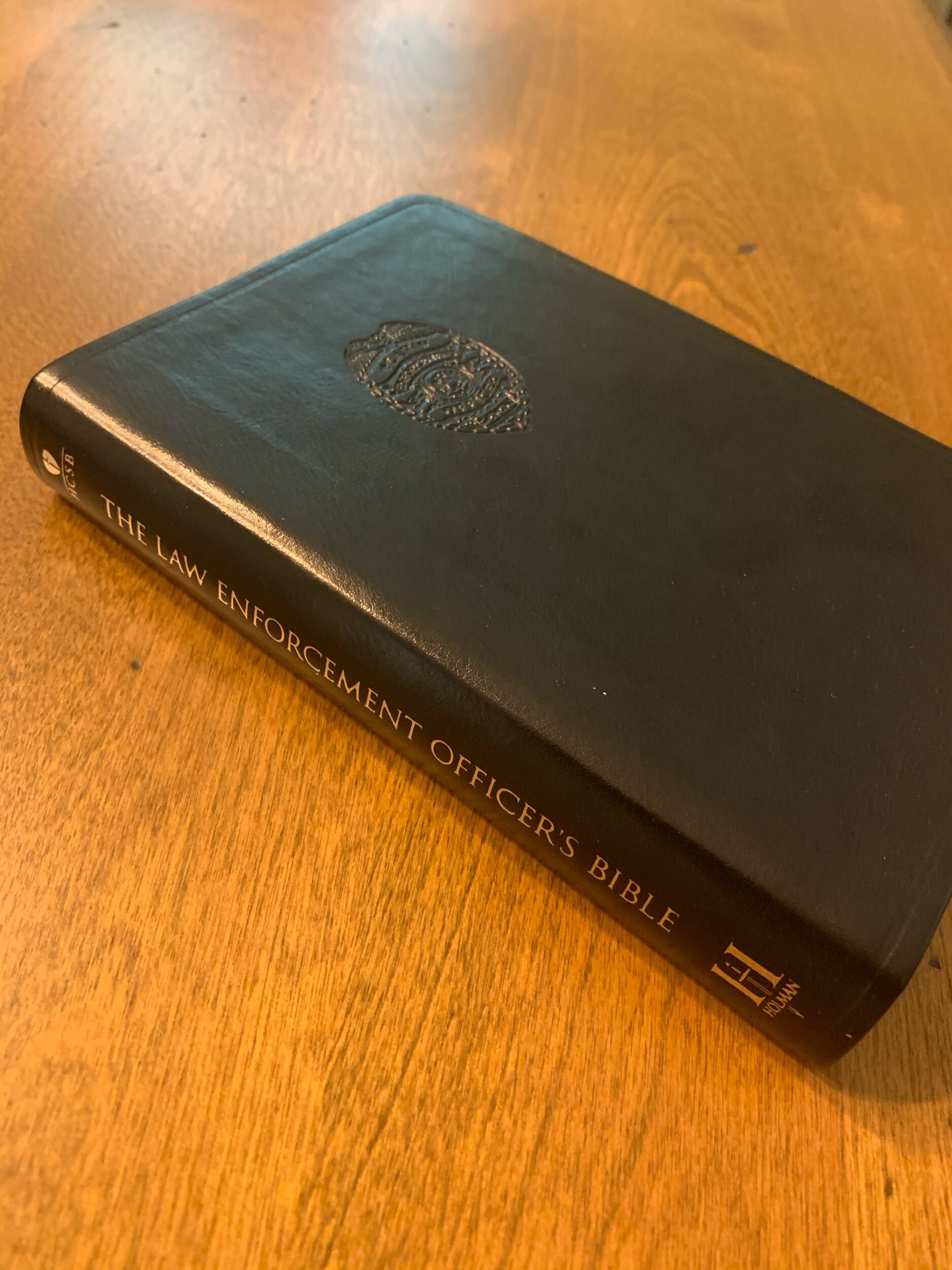
PREVENTION
Preventing Police PTSD has to start at the very beginning of a Police Officers career. If incidents are allowed to build without any debriefing, an officer may suffer a catastrophic break later down the line.
BUDDY SYSTEM
Officers need to realize that their fellow officers are not their enemies. All too often departmental politics and peer pressure create a negative atmosphere that fosters darkness and loneliness. We share the same foxhole, we are in the same trenches together. Check on each other.
PEER SUPPORT
Departments should have peer support available and not just used as a last resort. This needs to be more of an intervening prevention tool. Consider using peer support from outside agencies to avoid interpersonal and trust issues. A cop from another PD is still a Cop and will understand what you are going through with the relationship issues at play.
CRITICAL INCIDENT STRESS DEBRIEFING
Early intervention is key after witnessing traumatic events. Officer's should be allowed to discuss the facts, thoughts and feeling in a relative window 24 to 72 hours after an incident. Officers should be educated about PTSD and reassured about feelings experienced from traumatic incidents. CISD should not only be used for the “worst case scenarios” but often to prevent the development of more complex cumulative forms of PTSD.

Law Enforcement Chaplaincy
Faith has played a major role in my battle with PTSD. Have a spiritual advisor available for officers to confidentially talk to can be an invaluable tool with dealing with trauma and a wide range of mental health issues. Those officers who are already connected by faith can have a support system to turn to. Chaplaincy can also provide a window into God and salvation for those who have not yet discovered their faith through non judgmental, no pressure support.